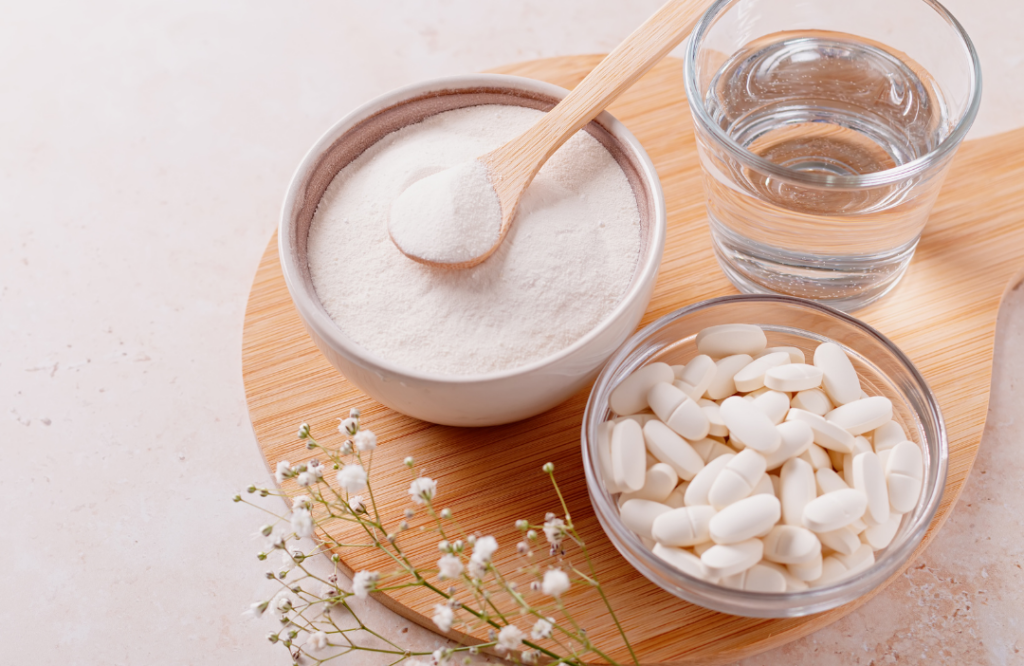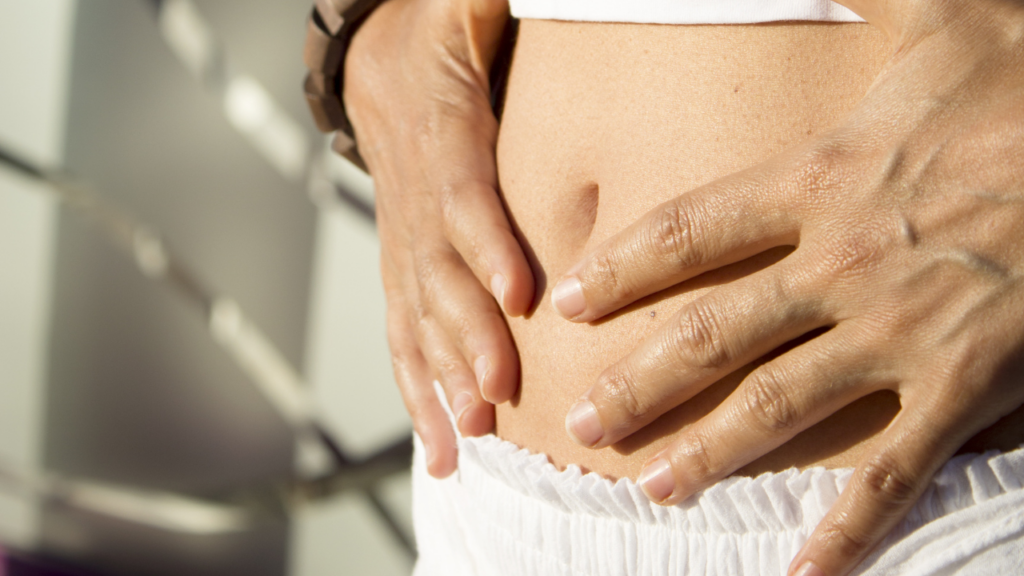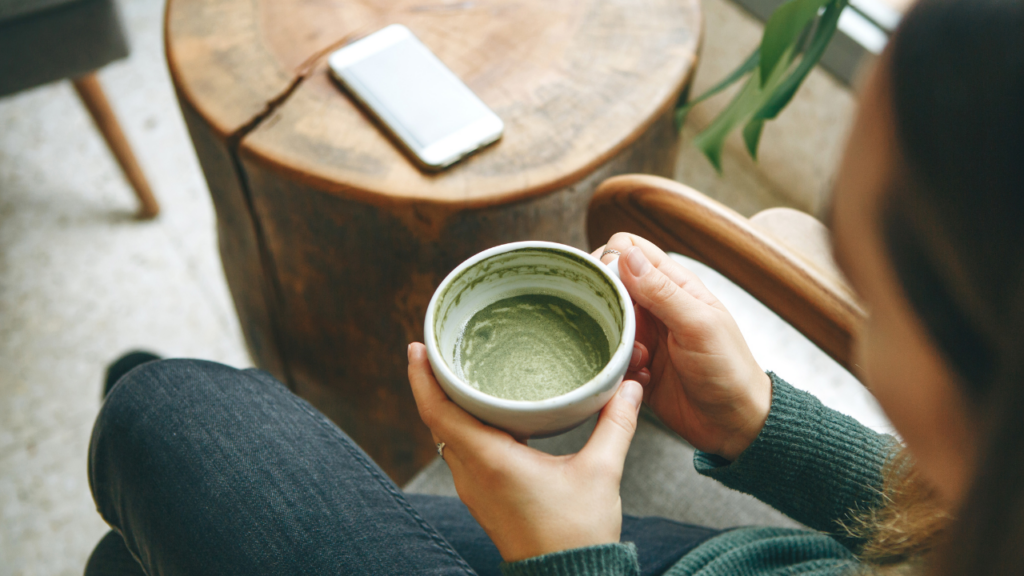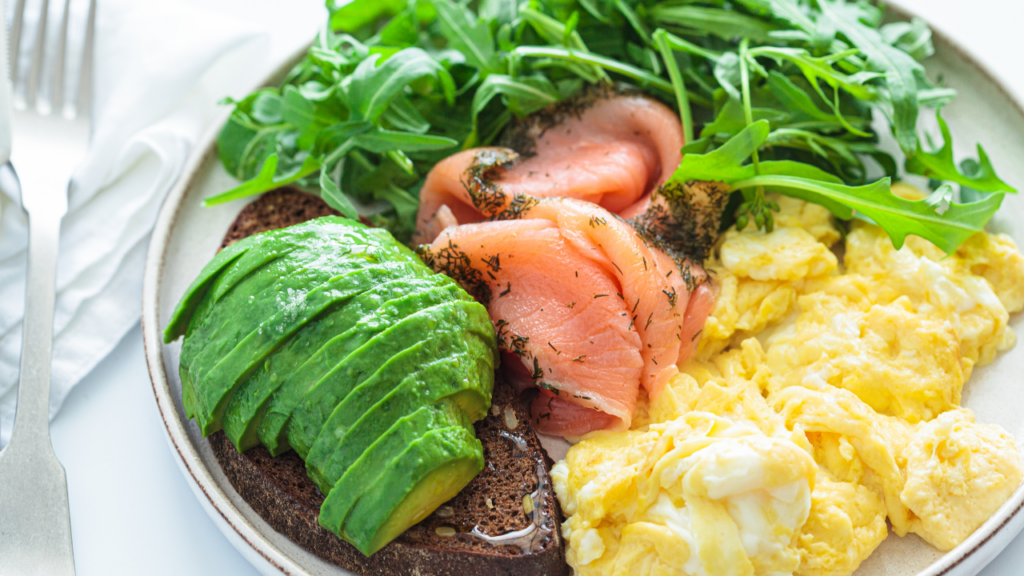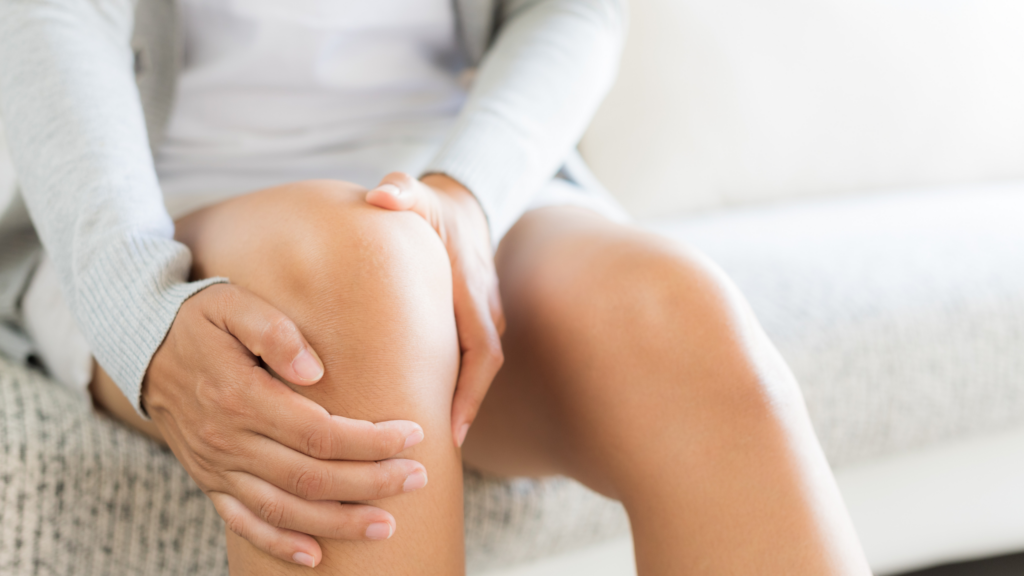8 Steps to Better Sleep
Published on July 20, 2015 by Dr. Caitlin Gordon
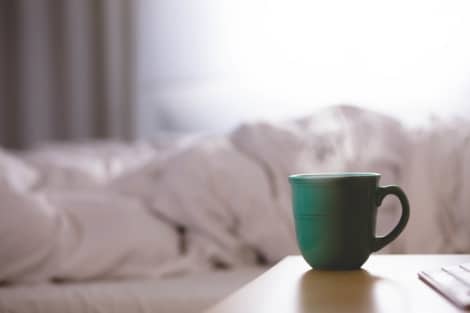 If you’re having trouble falling asleep or staying asleep, these are the first 8 steps you should take to get your sleep schedule back on track. Some of these might seem obvious, but it’s amazing how often these basics to better sleep are overlooked. Even if you never needed to take any of these steps in the past, now due to stress or some life event which might have interfered with your natural sleep cycle, these steps might be necessary. You may think, “why would I cut out caffeine, it’s never affected my sleep before.” Fair enough, but while you are having trouble with sleep, stimulants are going to exacerbate the problem even if they aren’t the cause. We want to limit factors interfering with your system’s ability to self-regulate. These are 8 essential steps to better sleep.
If you’re having trouble falling asleep or staying asleep, these are the first 8 steps you should take to get your sleep schedule back on track. Some of these might seem obvious, but it’s amazing how often these basics to better sleep are overlooked. Even if you never needed to take any of these steps in the past, now due to stress or some life event which might have interfered with your natural sleep cycle, these steps might be necessary. You may think, “why would I cut out caffeine, it’s never affected my sleep before.” Fair enough, but while you are having trouble with sleep, stimulants are going to exacerbate the problem even if they aren’t the cause. We want to limit factors interfering with your system’s ability to self-regulate. These are 8 essential steps to better sleep.
- Reduce or eliminate caffeine. Caffeine includes coffee, tea, soda and dark chocolate.
- Minimize all sources of light in the bedroom: Use blackout curtains or an eye mask and unplug all electronic devices with lights (bonus: eco-friendly energy saver). You can use black electrical tape to cover blinky lights. All light sources interfere with your body’s natural ability to produce melatonin and regulate sleep. For better sleep, complete darkness is important.
- Avoid all screens 30 minutes before bed. This means TV, phone, computer, and tablets. Read an actual book or magazine instead! Other before bed ideas: listen to music, have sex (solo or with a partner!), listen to a guided meditation, or draw or journal.
- If this is not a realistic goal, get an app like F.lux (can download online for free) for your laptop, which filters out blue light. This type of light emitted by screens suppresses melatonin (sleep hormone) production. For better sleep, we must balance sleep hormones like melatonin.
- Reduce alcohol and sugar intake within 3 hours of bedtime. Both cause sleep disruption, as blood sugar will dip between 1-3am causing many people to wake up or sleep restlessly at this time. Another cause of waking between 1 and 3 am is a liver organ disharmony. Check out the signs of liver disharmony for more ideas on better sleep.
- Keep your bedroom cool. Around 65 degrees is ideal. If this means you need to get a window AC unit, please invest in one! Your core temperature needs to drop for your body to enter deep sleep. Another way to achieve a dip in core temperature is to take a hot shower or bath before bed (going from hot water to ambient room temp is actually what causes the core temp drop).
- Do not eat dinner within 2-3 hours of bedtime. This can disrupt your sleep and cause vivid or stressful dreams as your digestion system stays active when it should be resting. Eating close to bedtime can also cause gas, bloating, heartburn and other symptoms of acid reflux.
- If you find that you are waking up between 1 and 4am, try having a very small snack right before bed. Low blood sugar is a common cause of waking during the night. A good example of a bedtime snack would be a handful of almonds or a tsp of honey in some warm water or herbal tea.
- Reduce water intake 2-3 hours before bed. Only take small sips. Waking up to pee is a common and avoidable problem, which disrupts sleep. Do the majority of your water intake for the day before dinner. If you feel very thirsty in the evenings, try using a humidifier in your bedroom. You may also seek out nutritional counseling to adjust your diet to regulate your appetite and thirst.
Are you in the Boulder/Denver area?
Acupuncture can help reduce anxiety, and balance hormones to help with insomnia.
The contents of this site, including text, graphics, images, and other material are for informational purposes only. Nothing contained in this site is or should be considered or used as a substitute for professional medical or mental health advice, diagnosis, or treatment. Please schedule an appointment for personalized health advice.

